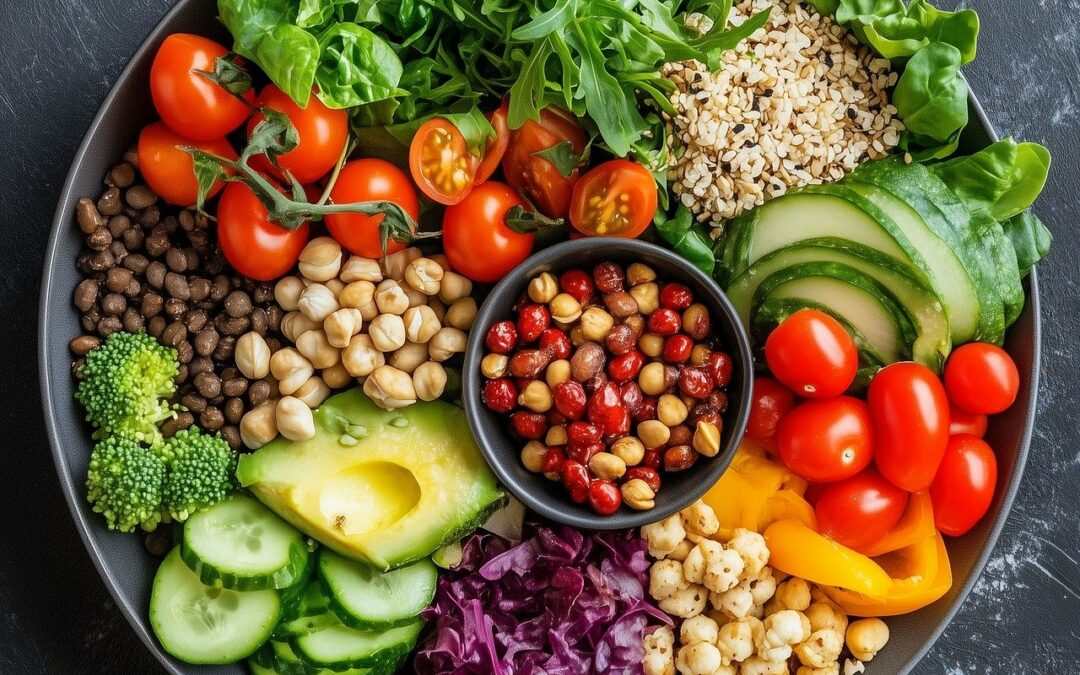In recent years, plant-based diets have gained significant popularity, with many people opting to reduce or eliminate animal products from their meals. Whether for health reasons, environmental concerns, or ethical considerations, transitioning to a plant-based diet can offer numerous benefits. However, like any dietary approach, it also comes with challenges. Here’s a closer look at the pros and cons of adopting a plant-based diet.
The Advantages of a Plant-Based Diet
- Improved Health Outcomes
Numerous studies have shown that plant-based diets are associated with lower risks of chronic diseases such as heart disease, type 2 diabetes, and certain cancers. Rich in fruits, vegetables, whole grains, nuts, and legumes, these diets are packed with essential nutrients, antioxidants, and fiber that promote overall health.
- Weight Management
Plant-based diets are often lower in calories and saturated fats, making them an effective option for those looking to manage or lose weight. The high fiber content in plant-based foods also promotes satiety, reducing overeating.
- Environmental Sustainability
Adopting a plant-based diet can significantly reduce your carbon footprint. Producing plant-based foods generally requires fewer resources, such as water and land, and generates fewer greenhouse gas emissions compared to animal agriculture.
- Ethical Considerations
For many, a plant-based diet aligns with ethical beliefs about animal welfare. By avoiding animal products, individuals contribute to reducing demand for practices associated with factory farming and animal exploitation.
- Diverse and Delicious Food Options
Contrary to popular belief, plant-based diets are far from boring. They encourage creativity in the kitchen and expose individuals to a variety of global cuisines and flavors, from hearty lentil stews to vibrant smoothie bowls.
The Disadvantages of a Plant-Based Diet
- Nutritional Deficiencies
Without careful planning, plant-based diets can lack certain nutrients typically found in animal products, such as vitamin B12, iron, calcium, omega-3 fatty acids, and protein. Supplements or fortified foods may be necessary to fill these gaps.
- Social Challenges
Dining out or attending social gatherings can sometimes be tricky for those on a plant-based diet. Limited menu options or lack of understanding from others can make sticking to your dietary choices challenging.
- Cost of Specialty Products
While staple plant-based foods like rice, beans, and vegetables are often inexpensive, specialty products like plant-based meat substitutes, vegan cheeses, and fortified plant milks can be costly, potentially making the diet less accessible for some.
- Potential for Overprocessed Foods
Not all plant-based foods are inherently healthy. Many plant-based snacks and meat substitutes are highly processed and may contain added sugars, sodium, and unhealthy fats, negating some of the health benefits.
- Time and Effort in Meal Prep
Transitioning to a plant-based diet often requires learning new recipes and cooking techniques, which can be time-consuming, especially for those who are new to the lifestyle.
Is a Plant-Based Diet Right for You?
A plant-based diet can be a healthy and sustainable choice when approached thoughtfully. It offers numerous health and environmental benefits, but it’s essential to address potential challenges, such as nutrient deficiencies and social barriers. If you’re considering making the switch, consult with a healthcare professional or a registered dietitian to ensure your diet is balanced and meets your individual needs. Ultimately, the key to any successful diet is balance, variety, and a focus on whole, nutrient-dense foods. Whether you choose to go entirely plant-based or simply reduce your consumption of animal products, even small changes can lead to positive impacts on your health and the planet.
Click Here To Buy The Longevity Course

